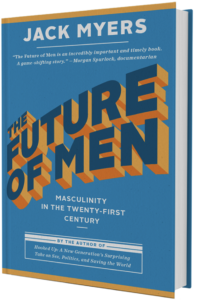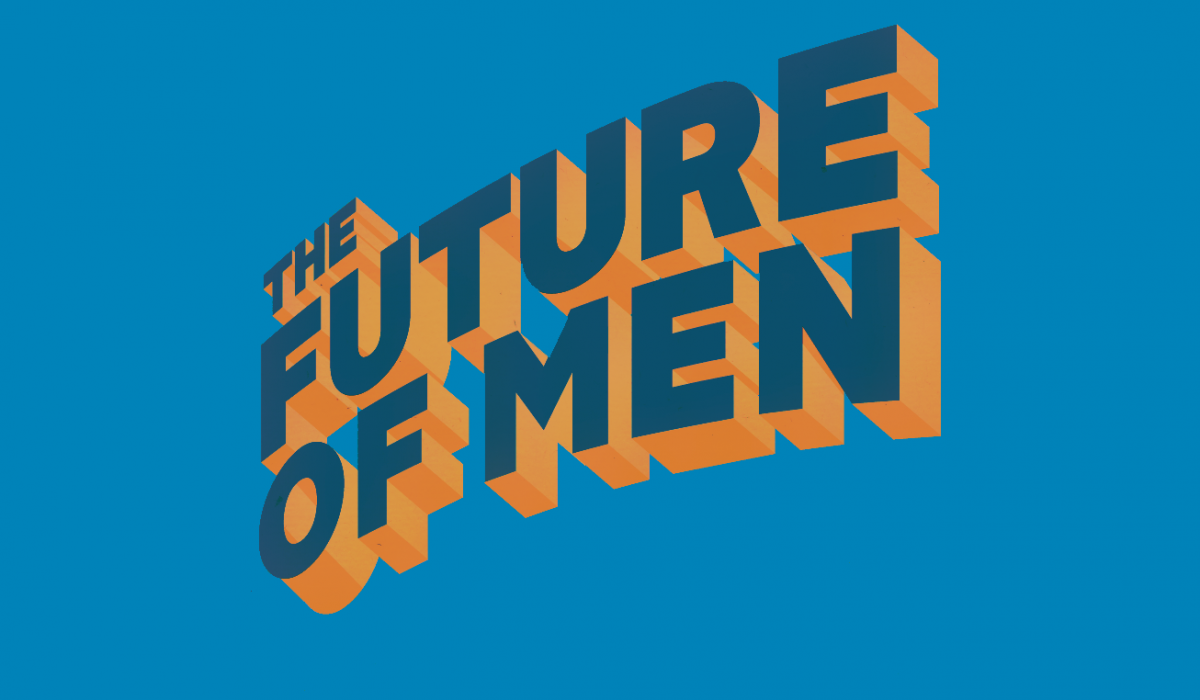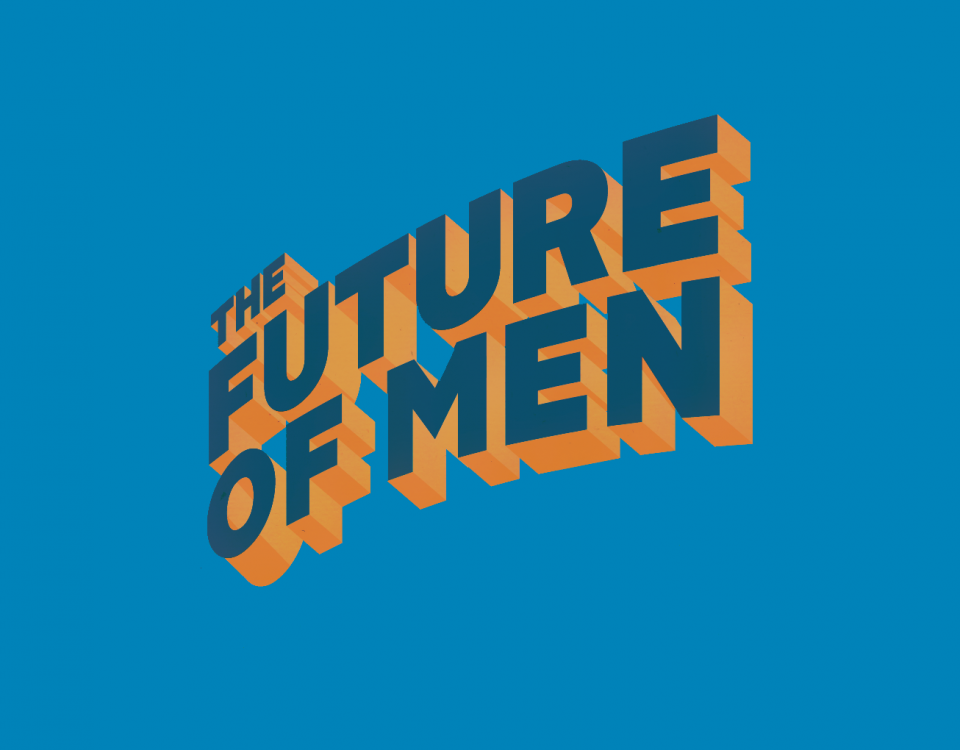The Medium Is The Man: How TV Impacts Men’s Self Image
 Map out a broad timeline of the American sitcom dad and you go from Ozzie Nelson to Peter Griffin of Family Guy. At a glance, that looks like a fall from grace. Comparing the image of a real man through pop culture is the surest way to track where we’ve been, where we are today, and where we are going.
Map out a broad timeline of the American sitcom dad and you go from Ozzie Nelson to Peter Griffin of Family Guy. At a glance, that looks like a fall from grace. Comparing the image of a real man through pop culture is the surest way to track where we’ve been, where we are today, and where we are going.
Once the proud patriarch, the King of the castle, the tent pole that sustained the entire family unit, the modern TV dad is more frequently a punching bag. Just tracking the devolution of today’s most iconic TV dad, Homer Simpson, you have a character who began life a lovable oaf and has slowly become a clothesline on which the writers hang broad “dumb fat guy” jokes that could be interchangeable with a dozen other dumb fat fathers on TV right now. Certainly most Homer jokes would work for Peter Griffin, and vice versa, and Simpsons and Family Guy writers have been caught swiping gags from one another from time to time and there’s even been one Family Guy cross-over episode in 2014, aptly titled The Simpson Guy.
The issue is not so much that fathers are portrayed as big-bellied lunk-heads, but that throughout the history of television, the portrayal of the father has generally been pretty one-note. Ozzie Nelson, Ward Cleaver and James Anderson could have traded places with one another and the casual observer would scarcely notice the cast change. The loving-yet-stern, strict-yet-warm patriarch was nearly the only portrayal you’d see of TV dads between the 1950’s and early 1960’s.
Examining the individual males that make up the long family tree of men on television, it’s clear that the change is a little more nuanced than a simple devolution from Andy Griffith to Peter Griffin.
Throughout the history of the television sitcom, the stereotypical dumb man has been a staple. On The Honeymooners, Ed Norton is the original Dumb Guy, playing against the blustering Ralph Cramden. Although best of friends most of the time, Ed often angered his friend with his goofy antics and ended up getting thrown out of the apartment. When Ed and Ralph come up with unlikely schemes, it always seems to be Ed that messes up with comedic results. Beloved by most of the television-watching public in his day, Ed Norton is universally viewed as one of the best comedic sidekicks of all time.
The most iconic TV father in recent memory, and perhaps the defining TV character of the 1990s, Homer Simpson has changed as a character from season to season. The crudely drawn father of the Tracey Ullman shorts was essentially a loud, brutish bully who represented little more than childhood fear of one’s father. When the half hour series debuted on Fox with the Christmas special, we saw a remarkably nuanced and loving portrait of the American father.
This version of Homer bears little resemblance to the Homer of the 2010s. Season one Homer Simpson didn’t hesitate to take a humiliating job as a mall Santa to buy his family gifts. He thought nothing of sneaking onto a farm and stealing a Christmas tree when he couldn’t afford one (he explained away the birdhouse, with a real bird in it, as an ornament). This Homer Simpson was oafish, slovenly and not that bright, but never thought twice about making the sacrifices necessary to provide for his family. Ironically, he may have been TV’s most human and real portrayal of the American father, struggling to support his loved ones with his limited skill set. Eventually, Homer would become, well, a cartoon character. Is he still funny? Sure. But Homer J. Simpson is no longer a source of inspiration for the modern father, and he hasn’t reflected the heroism that goes into parenting for a long time.
The counterpoint to TV’s dumb guy is the womanizer. Like advertising, in which the dumb man or the misogynistic men are dominant, TV series seem to revolve naturally to similar male characteristics.
An argument could be made that television simply isn’t making an effort to commend men’s devotion to their families because it’s less commercial and more difficult to generate ratings with flawed, yet devoted family men. Showtime’s Ray Donovan and Frank Gallagher (Shameless) are more compelling than most of the male TV characters who have been introduced in a plethora of recent failed sitcoms and dramas about men taking back their manhood. Bob Belcher of Bob’s Burgers is a father who shares family leadership with his wife and who allows his children to be as strange as they please, but as far as being influential goes, it remains to be seen whether or not other producers will take the baton from Bob’s Burgers and run with it. Modern Family, too, offers an admirable patriarch in Ed O’Neill’s Jay Pritchett, who is both a grandfather and a father to an infant at the time of the show’s first episode, and the polar opposite of O’Neill’s Al Bundy. Unique in showing a father who has more than twenty years of parenting behind him from the very start, again, time will tell if Modern Family marks a trend away from negative, unflattering portrayals of father figures on television as well as a landmark portrayal of a gay married couple.




